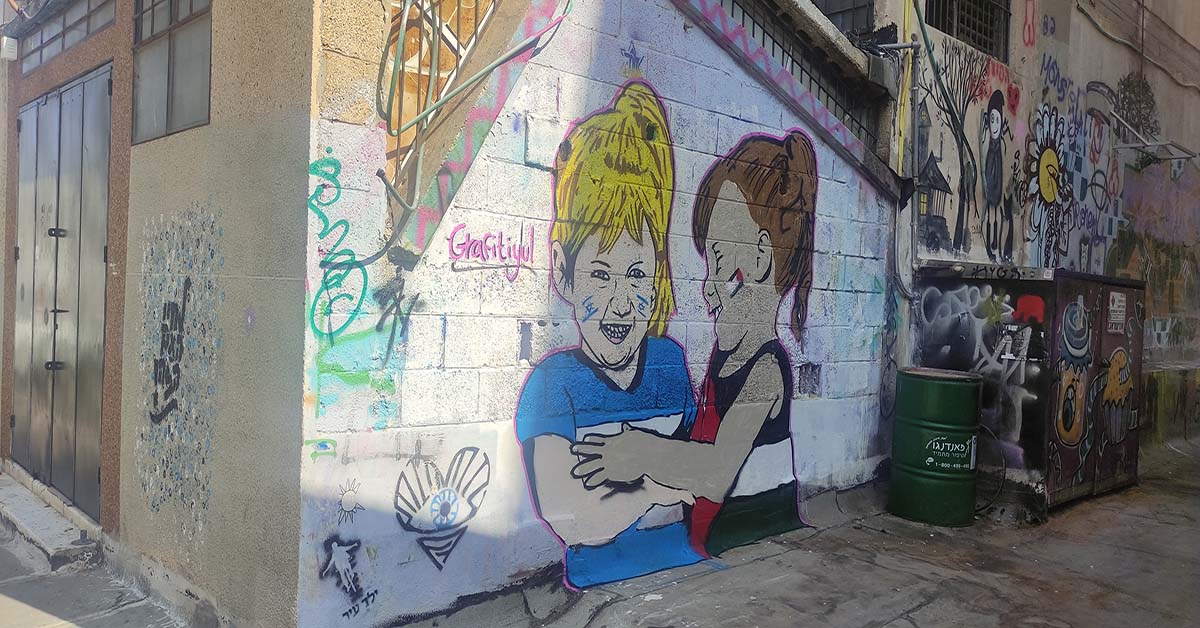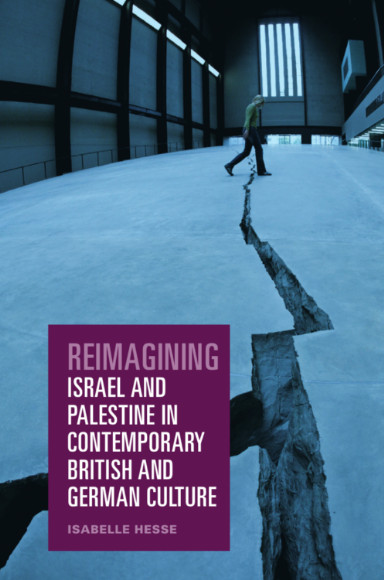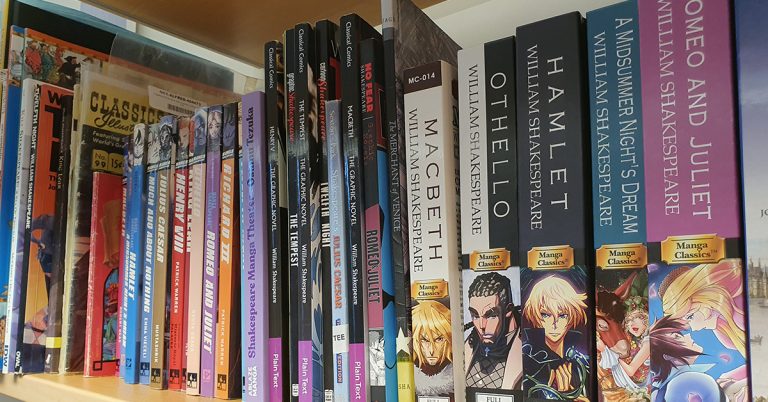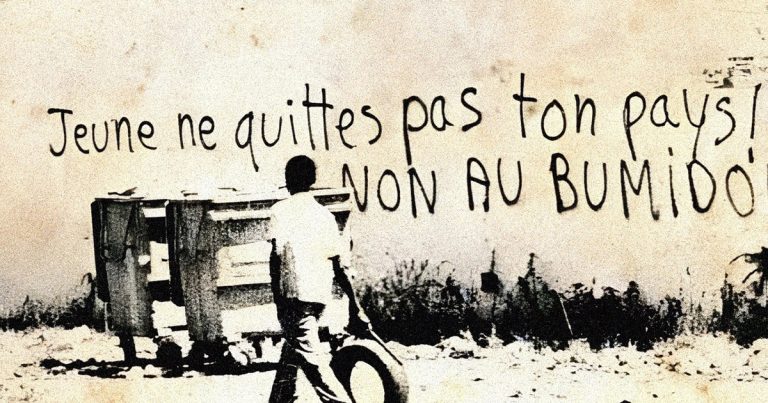
By Isabelle Hesse
As I write this post, the war in Gaza has been going on for over 8 months, and it has claimed numerous lives on both sides, although disproportionally more Palestinian lives than Israeli lives.
The month of May saw Palestinians across the world commemorate 15th May as the day of the nakba (Arabic for catastrophe), which marks the displacement and dispossession of 750,000 Palestinian people during the 1948 war. At almost the same time, on 14th May, Israeli Jewish people – I use this specific term here and below to differentiate Jewish from Palestinian people living in Israel, as the latter could also have Israeli citizenship, and thus could be subsumed under the term Israeli – celebrated the declaration of an independent Jewish state on that day in 1948.
What this example shows is that a discussion of Palestine and Israel is almost inevitably relational, emphasising that Palestine and Israel are shaped through their relations with each other. Even though this relationality is not by choice but imposed by occupation and colonisation, it is important to foreground relationality at a time when ideas are resurfacing about Palestinian and Jewish people being locked in an ‘age-old conflict,’ marked by supposedly unbridgeable differences which are often framed in religious terms.
Iraqi-born Jewish-American professor Ella Shohat has observed that this idea of an ‘age-old conflict’ in Palestine/Israel is a recent invention. There were many alliances between Jewish and Arab people before the establishment of the state of Israel and, of course, alliances are still present today, although increasingly difficult.
Relationality has also shaped studies focused on Palestinian and Israeli literature and culture. It emerges in contemporary literary and cultural productions not only in Israel and Palestine but also in Europe, including in the UK and in Germany, both of which have complicated histories with both Palestine and Israel.
Israel and Palestine in British and German culture
Cultural works use different means of establishing relationships between Israel and Palestine, for example through romantic relationships between Jewish and Palestinian people, as depicted in Claire Hajaj’s novel Ishmael’s Oranges (2014). In Hajaj’s novel, we also see family relationships that transcend the perceived divides between Jewish and Palestinian people, an idea that is similarly depicted in Hugo Blick’s TV series The Honourable Woman (2014).
British TV series The Promise (2011), directed by Peter Kosminsky, similarly uses relationships across divides but, in this case, the British protagonist’s relationships with both Israeli Jewish and Palestinian people are used to consider the UK’s relationship with Israel and Palestine in the contemporary period. Kosminsky, like the other works discussed here, and similarly to Marina Lewycka’s novel We Are All Made of Glue (2009), establishes relationality by juxtaposing Jewish and Palestinian memories of displacement and dispossession.
This approach also shapes German cultural productions, such as Andres Veiel’s documentary Balagan (1993), which considers the relationship between the Holocaust and the nakba just after the First Intifada (1987-1993). In a German cultural context, there has certainly been a surge in depicting Palestine and Israel as relational after the Second Intifada (2000-2005). One example is Markus Vetter and Lior Geller’s Das Herz von Jenin (The Heart of Jenin, 2008), a documentary which uses organ transplants as a means to think through the relationships between Palestinian and Israeli Jewish people.
Moreover, the genre of the travelogue has become very popular in a German context to engage with the Middle East, and it has played a key role in connecting Germany with both Israel and Palestine, often through the trope of the libidinal relationship across divides.
Relationality and solidarity
Irrespective of their genre, all of these works offer a more nuanced portrait of Israel and Palestine as geopolitical and metaphorical spaces in the twenty-first century, and reveal the potential that culture has for thinking about the stories of Palestine and Israel together and connecting them to European histories of racism and exclusion.
They also foreground how Germany and the UK can remember the Holocaust and support a Jewish state while taking into account the suffering of the Palestinians since 1948 and Palestinian aspirations for liberation and statehood.
Hence, literature and culture remind us that solidarity with Palestinians does not need to come at the expense of remembering the Jewish experience during the Holocaust, and that feeling sympathy with the Israeli Jewish hostages in Gaza does not need to come at the expense of acknowledging the suffering of Palestinian people in the current war.
Sign up to our mailing list to keep up to date with all of our free content and latest releases
About the book
Reimagining Israel and Palestine in Contemporary British and German Culture examines an important relational shift in British and German cultural depictions of Palestine and Israel since 1987.
Isabelle Hesse offers new ways of thinking about how Israel and Palestine are imagined and reimagined as topics of cultural and political interest in Britain and Germany, two countries that have had complicated histories with both Israel and Palestine, histories which are marked by each country’s memories of the Holocaust and colonialism.
About the author
Isabelle Hesse is Senior Lecturer in English at the University of Sydney, Australia. Her research is situated at the intersection of Jewish, Middle Eastern and Postcolonial Studies and she is the author of Reimagining Israel and Palestine in Contemporary British and German Culture (2024) and The Politics of Jewishness in Contemporary World Literature: The Holocaust, Zionism, and Colonialism (2016). She has also co-edited Literary Representations of the Palestine/Israel Conflict after the Second Intifada (2022) with Ned Curthoys.
Explore related articles on the EUP blog
The Demolition of Jeddah and the Relocation of a Neighbourhood in Turkey






